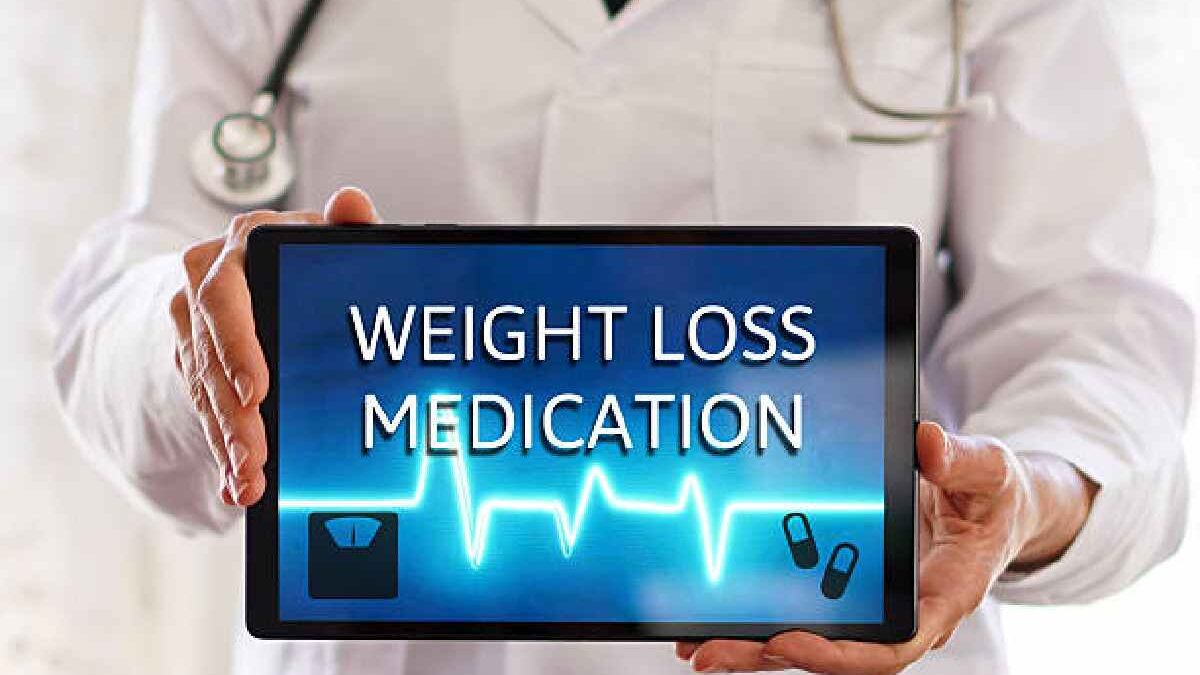It starts innocently enough. You’re scrolling through social media, and there it is: a before-and-after photo. Another one. Then another. The captions? Always the same.
“Changed my life.”
“Down 30 pounds.”
“Just one injection a week.”
You’ve heard the buzz. You’ve probably seen the headlines. Maybe your best friend’s cousin is already on something and swears it works like magic. But you’re smarter than the hype.
Before you add weight loss drugs to your search history (again), take a breath—and book a real conversation with your doctor.
Because medications can be powerful tools. Or the wrong tool. And sometimes, it’s hard to tell the difference until it’s too late.
Here’s your no-fluff, real-talk list of the top questions to ask your doctor about weight loss medications—so you can walk into that appointment confident and leave with clarity.
Table of Contents
1. Do I even qualify for a prescription?
This is the baseline. Weight loss drugs aren’t for casual cosmetic goals or squeezing into last year’s wedding outfit. Most are prescribed based on:
- BMI (Body Mass Index) over 30
- Or BMI over 27 with weight-related conditions (think: diabetes, high blood pressure, sleep apnea)
That said, BMI doesn’t tell the whole story. Ask your doctor how your health profile plays into eligibility—and whether other factors might matter more.
2. What are my options—and how do they actually work?
Not all weight loss medications do the same thing. Some suppress appetite. Others affect blood sugar. A few mimic hormones involved in digestion and satiety.
Ask for specifics:
- How does this drug actually work?
- Is it oral or injectable?
- How often is it taken?
- How long is it meant to be used?
You want to understand what’s happening inside your body—not just whether the scale moves.
3. What results can I realistically expect?
Spoiler: no medication can outrun a triple cheeseburger.
Weight loss drugs work with lifestyle changes, not instead of them. But people often see measurable results—think 5% to 15% of body weight over several months, depending on the medication and consistency.
Ask:
- What does “success” look like with this medication?
- How soon might I see results?
- Will I plateau? And what happens then?
Set expectations. Unrealistic hope is just disappointment with a head start.
4. What side effects should I know about?
No such thing as a side-effect-free miracle. Most weight loss drugs come with some trade-offs—nausea, constipation, headaches, fatigue, or in rare cases, more serious risks.
You need to ask:
- What’s common, what’s rare, and what’s a red flag?
- Will these side effects subside or linger?
- What do I do if I can’t tolerate it?
Don’t be shy. It’s your body, not theirs.
5. What happens if I stop taking it?
Here’s the part most people forget to ask: what’s the long game?
For many users, weight creeps back up after stopping the medication. Not because the drug “failed,” but because the lifestyle scaffolding wasn’t strong enough without it.
Ask your doctor:
- Is this meant to be long-term?
- What happens if I take a break or stop entirely?
- Can I restart later?
Knowing this upfront helps avoid the yo-yo cycle.
6. How will this interact with my other medications or conditions?
If you’re already managing diabetes, high blood pressure, thyroid issues, or mental health concerns—this question is non-negotiable.
Drug interactions are real. So are contraindications. So are mood changes. Let your provider walk you through:
- Any meds that might conflict?
- Any conditions that raise risk?
- Any labs or screenings needed before starting?
7. Do I need to do anything differently while on it?
Food. Exercise. Hydration. Sleep. These don’t disappear just because a medication is involved.
Ask:
- Are there foods I should avoid?
- Can I drink alcohol?
- Should I expect changes in hunger, energy, or digestion?
Knowing how to adjust your day-to-day makes the process smoother—and helps you stay in control.
8. What support systems are in place?
Behavioral change is hard. Medication helps, but it doesn’t replace community, accountability, or mindset shifts.
Ask your doctor:
- Are nutritionists or health coaches available?
- Will there be check-ins or follow-ups?
- Is therapy part of this plan?
If your provider just hands you a script and waves goodbye, consider that a red flag.
Final Thoughts: Meds Can Help—But Only If You Ask the Right Questions
There’s no shame in considering weight loss drugs. For many, they’re life-changing. For others, they’re not the right fit—and that’s okay too.
The real power comes from being informed, intentional, and supported.
So go in curious. Take notes. Ask the uncomfortable stuff. Then decide with your doctor—not just based on what’s trending on TikTok.

